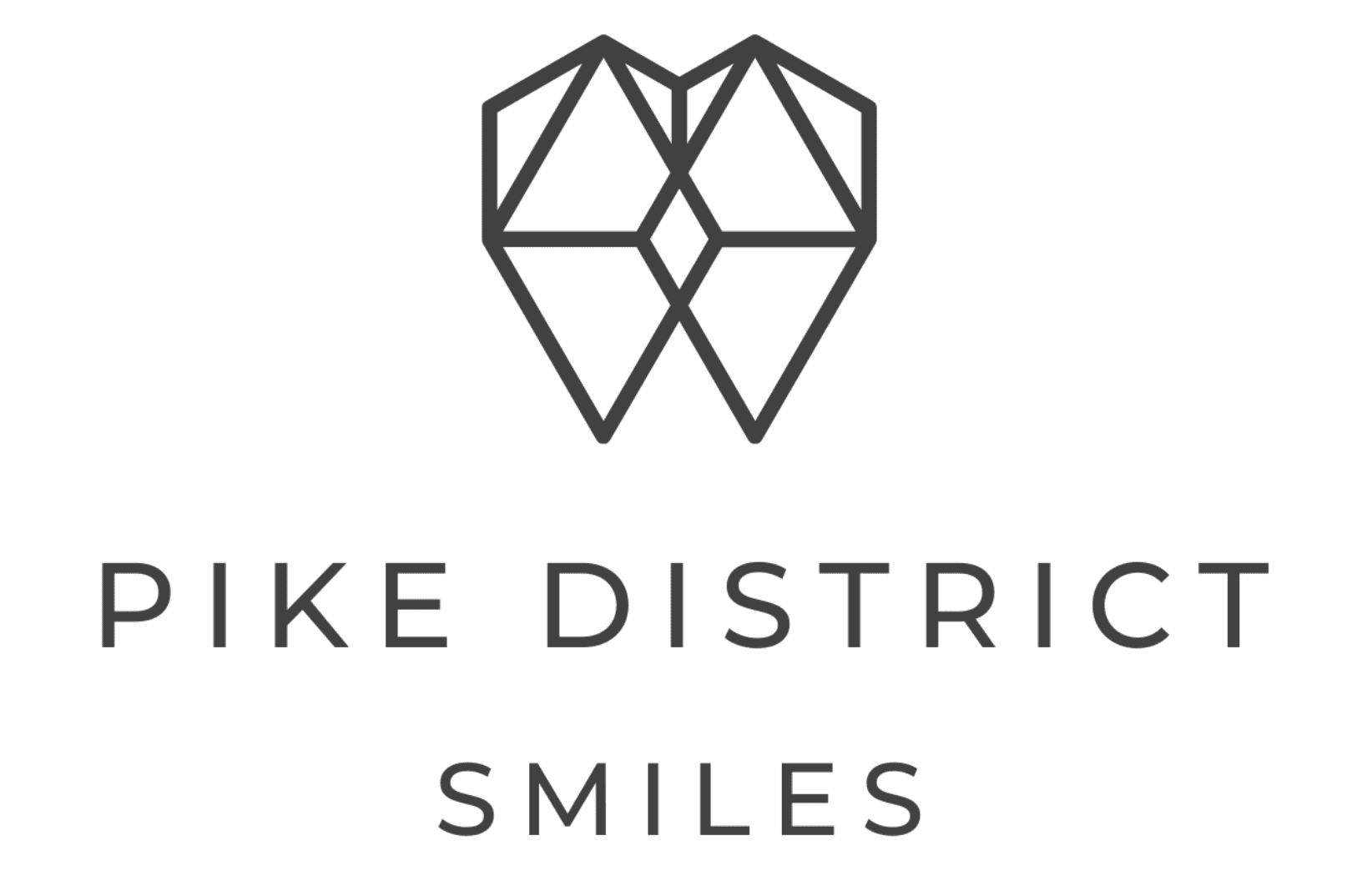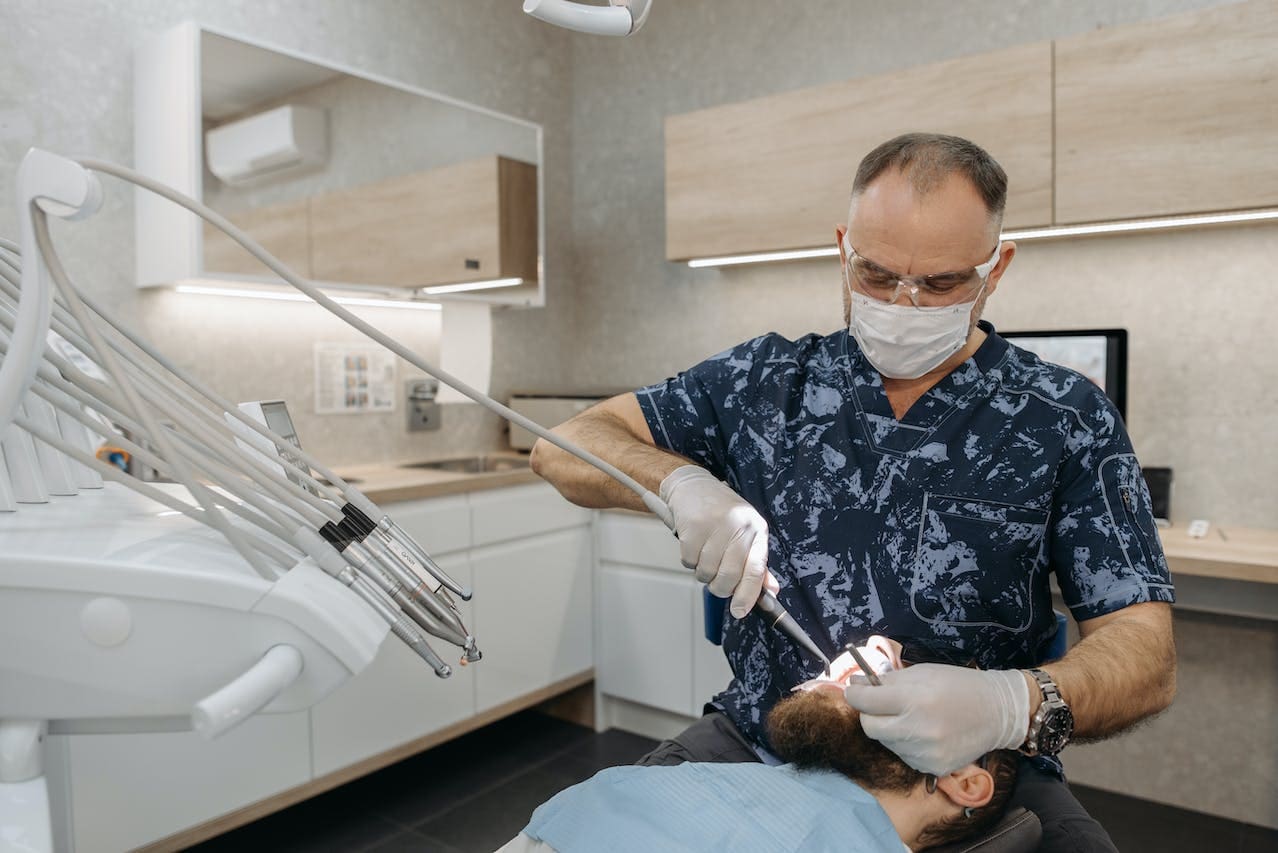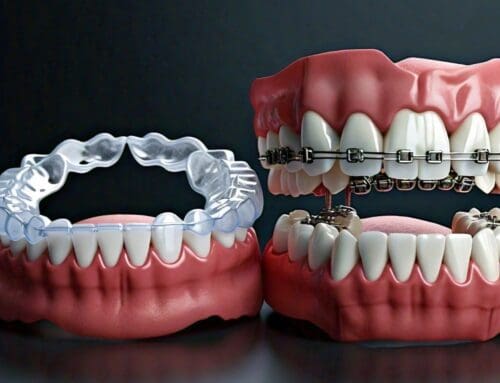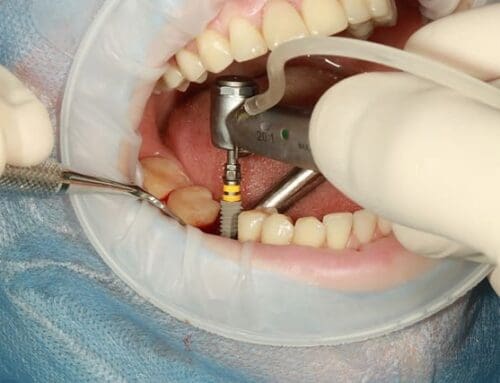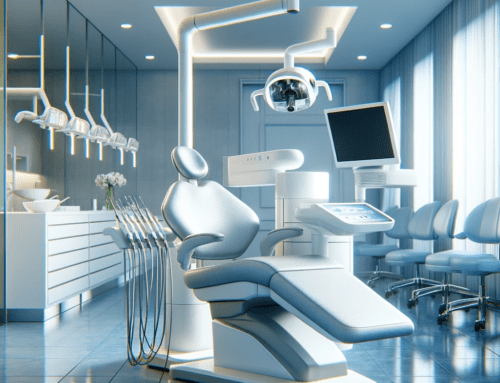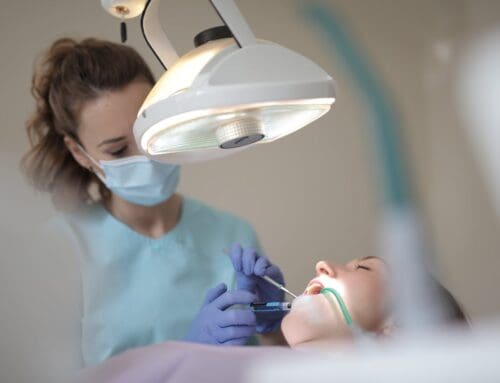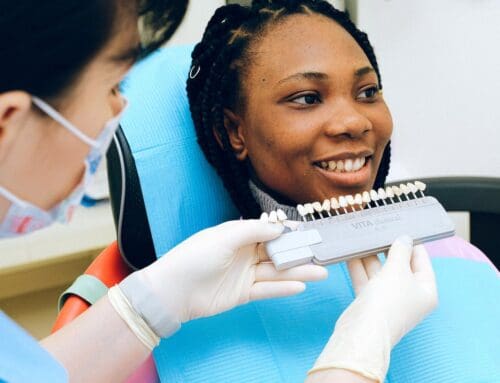Oral hygiene encompasses the daily practices that help to keep your teeth and gums clean, preventing cavities, gum disease, and other oral health issues. Establishing an effective oral hygiene routine involves various habits like brushing, flossing, using mouthwash, and maintaining a balanced diet. Additionally, regular preventive dental care with your dental professional plays a crucial role in promoting optimal dental health, as they can provide expert guidance, monitor your progress, and detect any potential concerns early on before they become significant problems.
At Pike District Smiles, we’re committed to delivering top-quality dental care to patients of all ages, utilizing the latest technologies and best practices to ensure optimal results and patient satisfaction. Our experienced team works closely with our patients to develop personalized care strategies while providing essential education and advice on proper oral hygiene and preventive dental methods.
In this article, we will delve into the essential oral hygiene habits you should adopt, the significance of regular dental visits, and tips on how to maximize the effectiveness and benefits of your oral care routine. By understanding the role of oral hygiene and preventive dental care in your overall dental health, you can make more informed choices and adopt habits that will support a beautiful, healthy smile throughout your life.
The Importance of Proper Oral Hygiene and Preventive Dental Care
Oral hygiene and preventive dental care play an essential part in maintaining a lifetime of healthy smiles. By adopting fundamental oral care practices and visiting your dental professional regularly, you can ensure optimal dental health and prevent potential issues before they become severe or costly. In this article, we will discuss vital oral hygiene habits, the significance of dental checkups, and ways to maximize the effectiveness of your oral care routine.
1. Essential Oral Hygiene Habits
An effective oral hygiene routine involves a combination of daily practices aimed at keeping your teeth and gums clean and healthy. Some essential oral hygiene habits include:
– Brushing: Brush your teeth at least twice a day using fluoride toothpaste and a soft-bristle toothbrush. Make sure to brush for at least two minutes, reaching all surfaces of your teeth, and don’t forget to brush your tongue to remove bacteria and prevent bad breath.
– Flossing: Floss daily to remove plaque and food particles from between your teeth and under the gumline, where your toothbrush cannot reach. Flossing helps prevent plaque buildup, gum disease, and tooth decay.
– Mouthwash: Use an antiseptic mouthwash to help reduce bacteria and freshen your breath. Most mouthwashes also contain fluoride to strengthen your teeth and prevent decay.
– Balanced Diet: Eat a balanced diet that is low in sugar and high in essential nutrients for healthy teeth and gums. Limit your consumption of sugary snacks, acidic beverages, and sticky foods that can harm your teeth and create an environment for bacteria to thrive.
2. The Significance of Regular Dental Visits
Preventive dental visits play a crucial role in promoting optimal dental health by allowing your dental professional to monitor your progress, provide expert guidance, and detect any potential concerns early on. Some advantages of regular dental checkups include:
– Professional Cleanings: During a dental checkup, your dentist or hygienist will perform a professional cleaning, which helps to remove plaque and tartar buildup that your toothbrush and floss may not effectively eliminate. This cleaning aids in preventing gum disease and tooth decay.
– Early Detection and Treatment: Regular checkups allow your dental professional to identify and address any potential oral health issues at an early stage, such as cavities, gum disease, or oral cancer. Early detection and intervention are crucial for successful treatment and can often save you from more substantial complications and expenses.
– Personalized Guidance: Dental professionals can offer personalized recommendations to improve your oral hygiene routine and tailor it to your specific needs and concerns.
3. Tips for Maximizing the Effectiveness of Your Oral Care Routine
To make the most of your oral hygiene routine, consider the following tips:
– Replace Your Toothbrush: Change your toothbrush every three to four months or when the bristles start to fray, as worn-out bristles are less effective at cleaning your teeth.
– Use Proper Brushing Techniques: Hold your toothbrush at a 45-degree angle to your gums and use short, gentle strokes to clean each tooth’s surface. Avoid brushing too hard, as this can cause gum recession and tooth sensitivity.
– Avoid Tobacco Products: Smoking or using other tobacco products can increase your risk of gum disease, tooth decay, and oral cancer. Quitting tobacco can drastically improve your oral health and overall wellness.
– Drink Water: Drinking water helps to wash away food particles and bacteria while also promoting saliva production, which aids in neutralizing acids and maintaining a healthy oral environment.
4. Understanding the Connection Between Oral Health and Overall Health
Good oral health is not only crucial for a beautiful smile but also for your overall well-being. Studies have shown links between oral health issues and systemic diseases, such as heart disease, diabetes, and respiratory infections. By prioritizing proper oral hygiene and preventive dental care, you can support not only a healthy smile but also a healthier body.
Conclusion
Oral hygiene and preventive dental care are indispensable components of lifelong dental health. By adopting essential daily habits and visiting your dental professional for regular checkups, you can ensure optimal oral health and prevent potential concerns from becoming severe complications. At Pike District Smiles, our Rockville dentists are dedicated to supporting our patients in their oral care journey, providing personalized guidance, and delivering top-quality dental care for the entire family. Prioritize your dental health today, and protect your smile for years to come.
